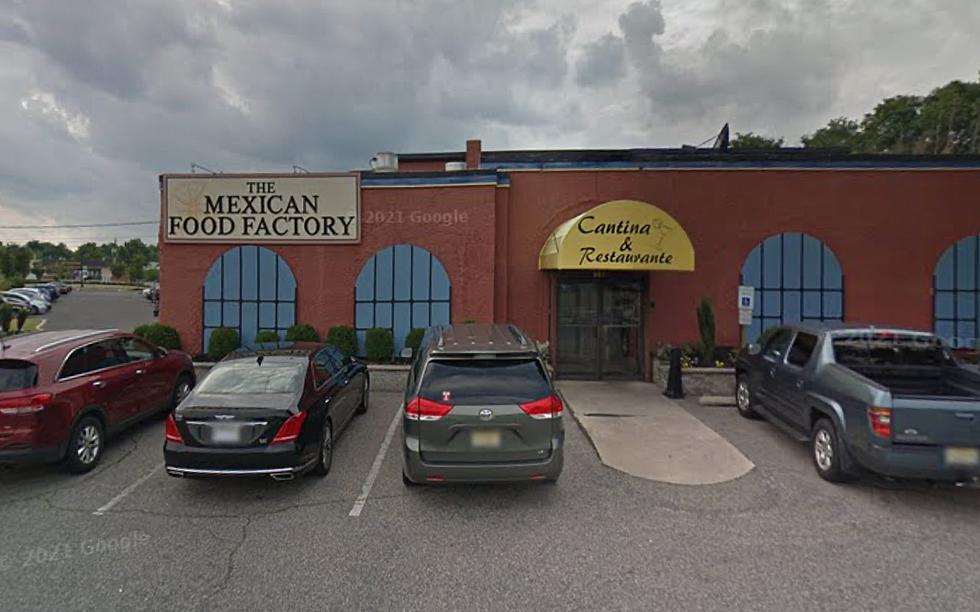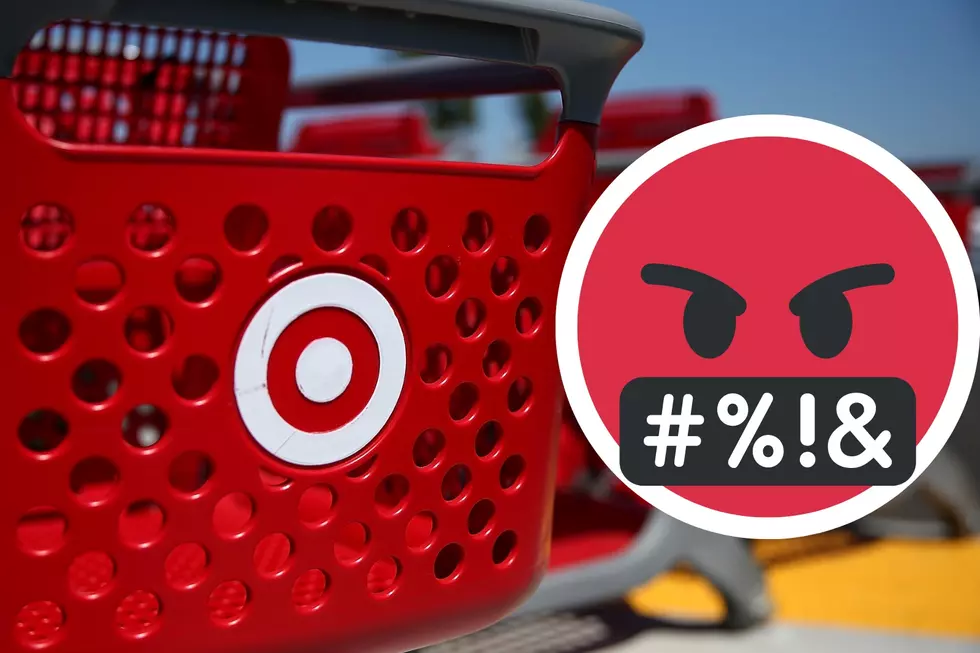
NJ blocks you from ordering certain wines — there’s a push to change that
New Jersey is missing out on millions of dollars in revenue by remaining the only state in the country that dictates which size of wineries can ship directly to consumers, according to select lawmakers who are trying to scrap the rule altogether.
But, while the rest of the U.S. permits direct-to-consumer shipping from wineries of all sizes, there are fears in New Jersey that such a move could deliver a blow to the brick-and-mortar businesses that rely on in-person sales of bottles of wine.
"We just can't afford that in New Jersey, particularly at this time in our history," Assemblyman Brian Rumpf, R-Ocean, said during a legislative hearing.
A proposed law that looks to eliminate New Jersey's rule, which currently blocks wineries producing more than 250,000 gallons annually from shipping to New Jersey residents, was advanced Monday by the Assembly Oversight, Reform and Federal Relations Committee.
According to a Nielsen study, online alcohol sales jumped by more than 240% due to the coronavirus pandemic and associated shutdowns of businesses.
"New Jersey needs to recognize this opportunity to increase revenues and the preferred buying habits of consumers," said bill sponsor Assemblyman Rob Clifton, R-Monmouth.
According to Ricky Grenis, director of strategy for California-based Penrose Hill Winery, in 2020 at the peak of COVID-19 lockdowns, only around 2% of off-premise wine sales were direct to consumer.
Grenis said he hasn't seen any evidence to suggest that direct shipping from wineries has disrupted New Jersey's three-tier system "in any significant way."
"And there's no reason to believe that removing the cap entirely will adversely affect it either, as evidenced by all the other states with open direct shipping from wineries," Grenis said.
The New Jersey Liquor Store Alliance and the New Jersey Licensed Beverage Association, and other groups, noted their opposition on Monday to the proposed law.
In a revenue estimate published in April 2017, the Eagleton Center for Public Interest Polling at Rutgers suggested the bill would result in revenues of $7.4 million, an increase of 123% compared to 2016 revenue.
Contact reporter Dino Flammia at dino.flammia@townsquaremedia.com.
11 things that make a New Jersey diner a real diner
Every NJ pizza joint Barstool's Dave Portnoy has reviewed
More From 94.5 PST










